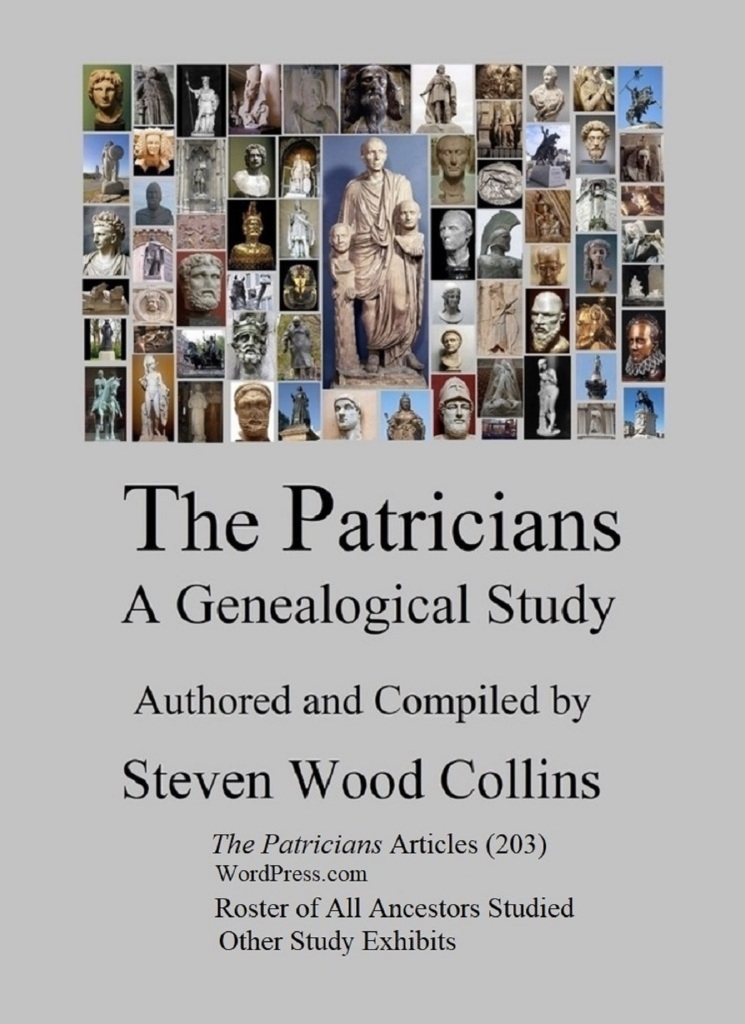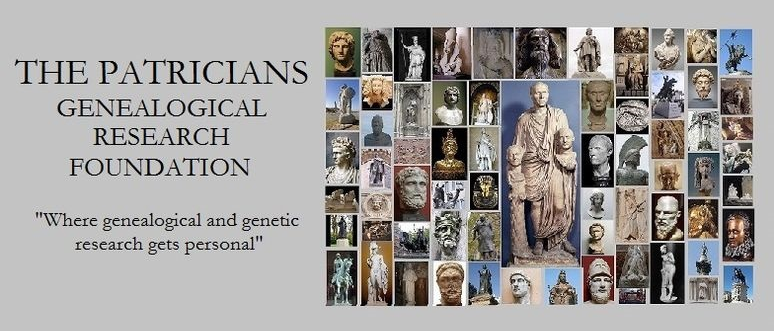








Roger Bacon, the 13th century English philosopher and Franciscan monk, conducted the first study of optics employing principles of empirical methodology. The study and his association with the so-called Oxford Franciscan school, founded by Robert Grosseteste (1175 – 1253), assisted in the early development of British empiricism at Oxford University.
In 1662 King Charles II Stuart, elder brother of James II & VII Stuart, KG (1633 – 1701) King of England, Ireland and Scotland, granted the Royal Charter for the establishment of the The Royal Society of London for Improving Natural Knowledge. Known simply as Royal Society today, the actual operational charter was predicated on Bacon’s natural philosophy as expounded in Novum Organum Scientiarum and New Atlantis – An Unfinished Novel. The society is the oldest of its type that’s still functioning as originally chartered. Robert Boyle, FRS (1627 – 1691) Alchemist, Father of Chemistry was one of the Founding Fellows.
Francis’s New Atlantis and my novel Puramore – The Lute of Pythagoras both represent a utopian view of the future. Both are also strikingly similar in many ways, not the least of which is sharing a similar thesis. For instance, Bensalem, in terms of the main setting, the mythical island off the coast of Peru, and Puramore, the mythical country set in the Andes mountain range near Ecuador, are both enclaves of underground scientific communities devoted to conducting advanced research. Moreover, both envision unbridled scientific development as leading to spiritual enlightenment. In this view, science serves to evolve mankind to a level of spiritual grace the race possessed prior to “the Fall”.
Following Bacon’s example, British empiricism continued to develop, most notably as defined through the natural philosophy as expressed by John Locke FRS (1632 – 1704) , George Berkeley (1685 – 1753), David Hume (1711 – 1776), John Stuart Mill (1806 – 1873), and Bertrand Russell, FRS (1872 – 1970). Sir Isaac Newton‘s seminal work Philosophiæ Naturalis Principia Mathematica was the first affirmation of the universal validity of the methodology.
Thomas Jefferson (1743 – 1826) Founding Father, 3rd U.S. President considered Francis, Locke, and Newton as the three most intelligent men who ever lived. Bacon is largely regarded as being the primary author of the two charters for the government of the Virginia Colony written in 1610. Thomas incorporated many of the governmental ideals set forth in that document when he drafted the Declaration of Independence . Many scholars thus deem Francis as one of the Founding Fathers of the United States of America.
The Napoleonic Code is closely patterned after Francis’ legal reform proposals. In point of fact, historian William Hepworth Dixon stated that it was “the sole embodiment of Bacon’s thought”, and that his legal reform work “…blossomed and come into fruit” in France.
There’s a substantial body of anecdotal evidence associating Francis and Edward VII de Vere, Earl of Oxford (1550 – 1604) “Shake-speare” as illegitimate sons of Elizabeth I Tudor, Queen of England & Ireland (1533 – 1603).
Sir Francis Bacon
Birth 22 Jan 1561 in York House Off Strand, London England
Death 1627 in London, Middlesex, England
Ancestry.com citation/Lineages
3rd cousin 11x removed (Prince William Tudor) TUDOR-BOLEYN-HOWARD-WOOD-COLLINS
1st cousin 14x removed COOKE-BARTLETT-SPRAGUE-TRIPP-OUTWATER-COLLINS
maternal 1st cousin of wife of 3rd cousin 11x removed COOKE-CECIL-VERE-TUDOR-HOWARD-WOOD-COLLINS
13th cousin 10x removed CROFT-GWYNEDD-BAR-PLANTAGENET-HOWARD-WOOD-COLLINS
14th cousin 10x removed CROFT-BRAMPTON-BRAOSE-MARSHALL-WARREN-CARRINGTON-HOLLAND-SIMMONS-COLLINS
SOURCES
Sir Francis Bacon is William Tudor
Francis’ books and other writing
The Collected Works of Sir Francis Bacon
Selected Philosophical Works (Bacon)
BIBLIOGRAPHY
Francis Bacon: The Logic of Sensation
Golden Lads: Sir Francis Bacon, Anthony Bacon, and Their Friends
Sir Francis Bacon: A Biography
A Rosicrucian Biography of Sir Francis Bacon – Pamphlet
Sir Francis Bacon – English Philosopher and Statesman
The Bi-Lateral Cypher of Sir Francis Bacon, Volume 3
Ciphers For the Little Folks: A Method of Teaching the Greatest Work of Sir Francis Bacon
Sir Francis Bacon’s Journals: The Rarest of Princes
The Patricians, A Genealogical Study – Ebook Editions US$7.95


Steven Wood Collins (1952 – ) Antiquarian, Genealogist, Novelist

